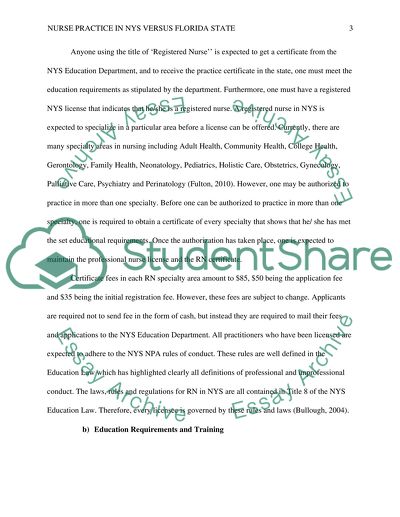Cite this document
(“Nurse Practice in NYS versus Florida State Assignment”, n.d.)
Nurse Practice in NYS versus Florida State Assignment. Retrieved from https://studentshare.org/nursing/1431765-comparing-nys-nurse-practice-act-with-another
Nurse Practice in NYS versus Florida State Assignment. Retrieved from https://studentshare.org/nursing/1431765-comparing-nys-nurse-practice-act-with-another
(Nurse Practice in NYS Versus Florida State Assignment)
Nurse Practice in NYS Versus Florida State Assignment. https://studentshare.org/nursing/1431765-comparing-nys-nurse-practice-act-with-another.
Nurse Practice in NYS Versus Florida State Assignment. https://studentshare.org/nursing/1431765-comparing-nys-nurse-practice-act-with-another.
“Nurse Practice in NYS Versus Florida State Assignment”, n.d. https://studentshare.org/nursing/1431765-comparing-nys-nurse-practice-act-with-another.


